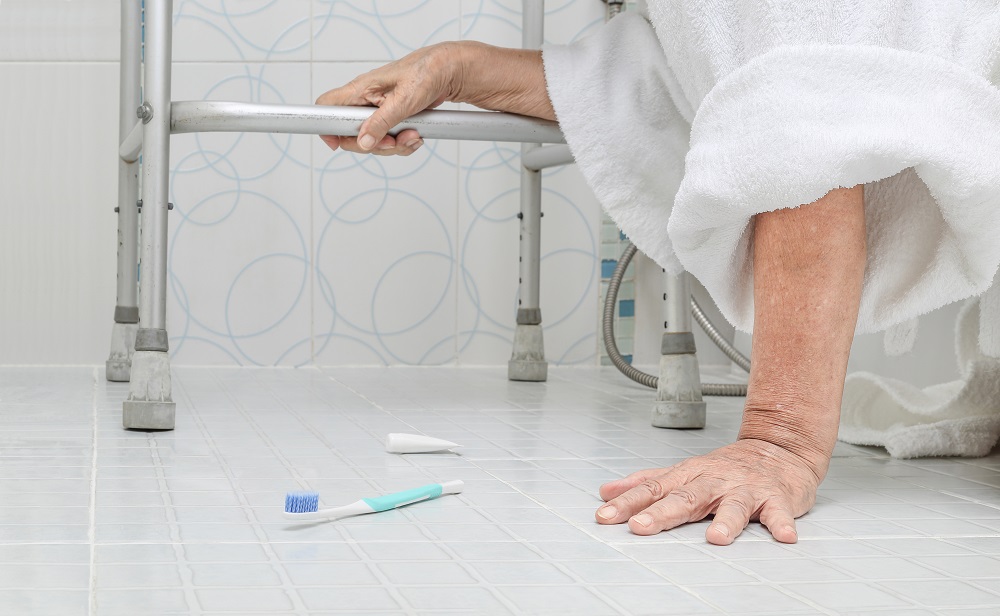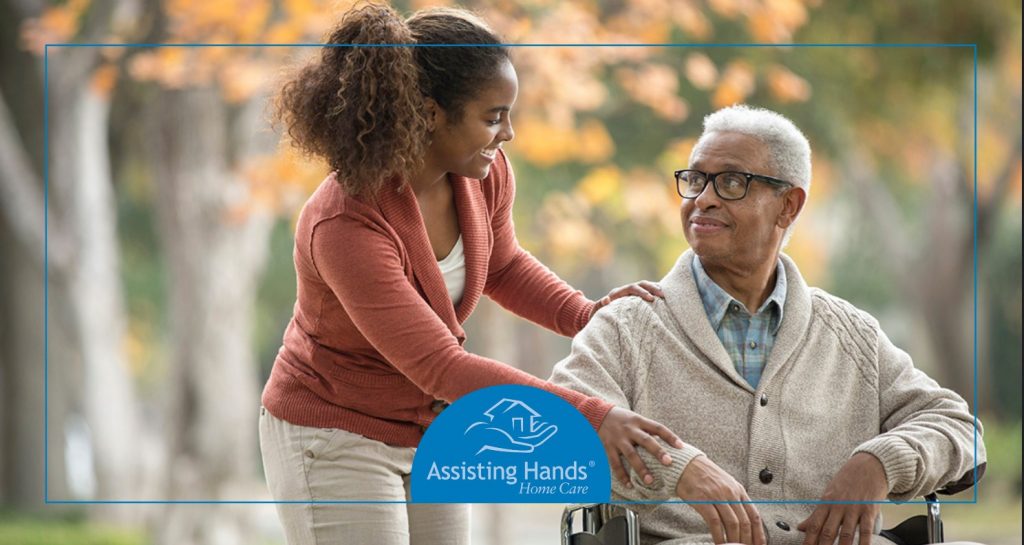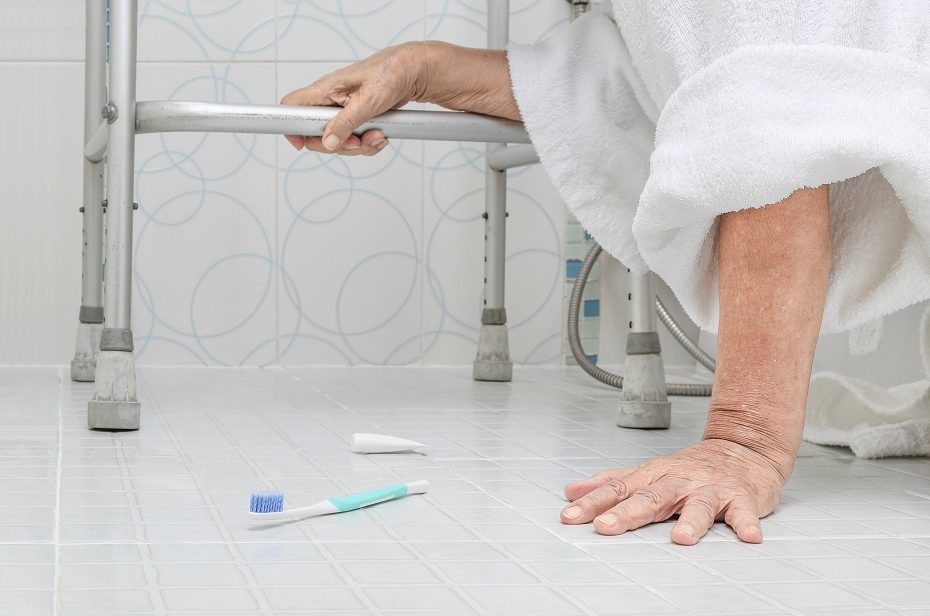
Experts estimate that every year, almost 800,000 people experience a stroke of some kind, be it relatively minor or severe, recurrent or new. This number is alarming when you consider that strokes are the fifth leading cause of death in the United States. While strokes occur every 40 seconds here in the U.S., it is equally startling to know that an individual dies every four minutes from a stroke. Of those who survive a stroke, a certain degree of disability results. In fact, strokes are the number one cause of disabilities in the U.S.
What exactly is a stroke?
Stroke.org describes strokes as a “brain attack”. When the flow of blood, which is rich in oxygen, to the brain is blocked or cut off, so is the oxygen; and when brain cells are deprived of oxygen, they start to die within minutes. Perished brain cells are unable to complete their respective functions. As a result, areas that were once controlled by those lifeless brain cells, such as memory or muscle control, experience loss of activity. Brain damage of varying degrees is the final outcome of a stroke.
Strokes can happen to anyone at any time. Most frequently, strokes occur in people over 65 years of age. However, it is estimated that 10-15 percent of young people under the age of 45 experience strokes, as well. Risk factors of strokes occurring in young people include obesity, high blood pressure, smoking, and diabetes. People who suffer from migraines and women who take birth control are at a greater risk for experiencing a stroke.
Not all strokes are the same as there are 5 main types of strokes:
- Ischemic stroke: This happens when a blood vessel that brings blood to the brain is obstructed. Ischemic strokes account for 87 percent of all strokes.
- Hemorrhagic stroke: This happens when a blood vessel in the brain ruptures. The two types of hemorrhagic strokes are aneurysms and arteriovenous malformations (AVMs). Uncontrolled high blood pressure is the most common cause of these types of strokes.
- Transient Ischemic Attack (TIA): A TIA is commonly referred to as a mini-stroke in which there is a serious temporary blood clot. This should be taken seriously as a sign of a bigger issue.
- Cryptogenic stroke: This phrase is given to a stroke in which the cause of the stroke cannot be determined, even with testing.
- Brain stem stroke: These strokes occur in the brain stem, and they can cause a “locked-in” state in which the individual affected cannot speak or move below the neck.
Strokes are hereditary. So, if your loved one has a family history of strokes, then it is likely that a stroke of some kind may occur in later generations. Keep this fact in mind when caring for your loved one.
How do you identify a stroke?
Symptoms of a stroke can vary widely. However, certain identifiable symptoms include the following:
- Sudden weakness
- Paralysis anywhere in the body, including the face, arms or legs
- Slurred speech
- Vision problems
Signs of a stroke can readily be identified when you recall the acronym F.A.S.T. Each letter represents a serious symptom experienced by stroke victims:
F – Facial drooping occurs when one side of the stroke victim’s face droops. Have your loved one smile to test for any drooping. If one side drops lower than the other, take immediate action.
A – Arm weakness is when the stroke victim experiences numbness as well as weakness in the arms. Ask your loved one to hold up both arms in the air. If one arm drops lower than the other during this exercise, then the brain is not properly signaling the muscles within the arm.
S – Speech problems occur in the event of a stroke. Sentences are slurred and words are mumbled. Sluggish speech is an indication that attention is needed.
T – Time is key when it comes to individuals experiencing a stroke. The faster you react, the greater the chances of saving the cells within the individual’s brain and preventing the disconcerting effects of a stroke. Call 911 immediately and let the operator know that you suspect your loved one is experiencing a stroke. Your urgency will ensure a quick response.
What are the effects of a stroke?
The effects of a stroke will differ depending on where it occurs in the brain and how much brain tissue is affected. Each side of the brain controls the opposite side of the body so if one side of the body is affected, the stroke is happening on the opposite side of the brain:
-
Left Brain:
A stroke on the left side of the brain can cause paralysis on the right side of the body, memory loss, slow or cautious behavior, speech and language issues, and memory loss.
-
Right Brain:
A stroke on the right side of the brain can cause paralysis on the left side of the body, quick and inquisitive behaviors, vision problems, and memory loss.
How do you react to a stroke?
1. Call 911.
Fast reaction times equal better recovery in individuals who have experienced a stroke. The first and most important activity to undertake immediately is to learn about all aspects of stroke symptoms. By recognizing the slightest stroke symptoms, you can call for an ambulance as soon as the symptoms hit. Don’t wait to see if the symptoms pass.
Doctors say that it is perfectly alright if you call for help and have the symptoms checked out by a medical professional, and they turn out not to be symptoms of a stroke. Caution is the best medicine.
Remain watchful of your loved one, especially when he or she acts amiss. If you suspect a loved one is vulnerable to a stroke, keep a lookout for any of the signs mentioned, like slurred speech or weakness in facial or body muscles.
Stay with the individual experiencing the stroke to prevent him or her from injury or imbalance, which can lead to a fall.
2. Take notes as to the exact time the stroke took place and when you first saw symptoms.
This is helpful information for the medical team. Also note any medications and dosages the stroke victim uses. Bring this information and the actual bottles with you, if possible, to the hospital, so that the medical team can better treat your loved one.
Never offer the stroke victim medicine of any type. Aspirin can worsen some types of strokes, especially in cases when the stroke is caused by bleeding from a burst artery.
3. If needed, perform CPR.
Most of the time, CPR is not necessary for stroke victims. However, if someone has had a stroke and they are unconscious, call 911 and check their breathing and pulse. If there is no pulse or breathing, you should perform CPR as you wait for EMTs to arrive.
4. Remain positive!
Permanent disabilities can be prevented with swift action. Remember that 80 percent of strokes are preventable. However, once a stroke hits, the recovery process lasts for the rest of the individual’s life.
What not to do when a stroke occurs.
When someone suffers a stroke, it is crucial that they get immediate medical attention as quick treatment can help prevent serious complications. If a loved one is having a stroke, you should never do the following:
1. Do not let the victim go to sleep or stop you from calling 911.
Some who experience a stroke may feel tired and think they need to sleep before going to the hospital. However, it is very important for those who suffer a stroke to get treatment and medication right away as these things are time sensitive. Allowing a stroke victim to sleep before going to the hospital can make matters worse, so call 911 no matter what they say
2. Do not give stroke victims medication, food, or drinks.
If someone suffers a hemorrhagic stroke, taking aspirin could be dangerous. It is best to avoid giving a stroke victim any type of medication and let medical professionals handle that. You should also not give them any food or drinks because stroke victims may have a hard time swallowing.
3. Do not take stroke victims to the emergency room.
As we mentioned earlier, time is of the essence when a stroke occurs. Taking a stroke victim to an emergency room yourself will only increase the amount of time until they can get treatment. By calling 911, you will ensure that they get there faster and that they will receive treatment immediately on arrival.
Home care services from Assisting Hands can help.

If you are unable to offer constant care to your loved one who has suffered from a stroke, caregivers can fill the gap. Assisting Hands Home Care is a reputable caregiving service in the Hinsdale, IL area ready and experienced in all aspects of providing compassionate care. Your loved one can remain at home and independent to the greatest degree possible, while feeling secure knowing that help with daily tasks is within reach.
Home care services, like Assisting Hands Home Care, offer a variety of services, including meal preparation, home safety evaluations, transportation and bathing/grooming. Your peace of mind while you’re away from home and the feeling of security your loved one experiences are important outcomes of hiring the right home care service provider.
















